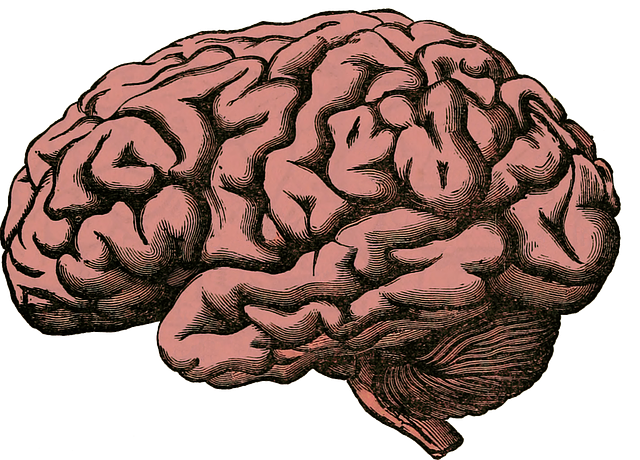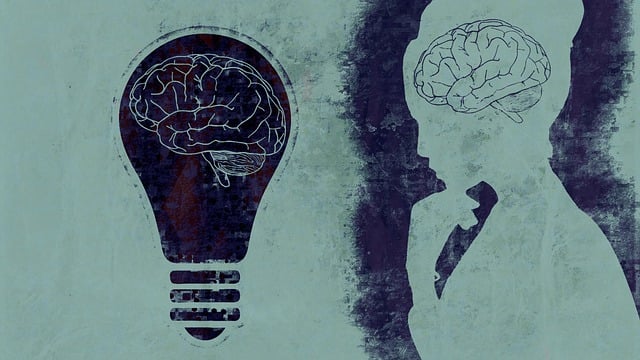Denver Mandarin Chinese Speaking Therapy centers utilize the RFM (Recovery, Flexibility, Mastery) framework to build resilience and mental wellness among their community. This culturally sensitive approach combines evidence-based techniques with mindfulness exercises to reduce stress, enhance adaptability, and navigate acculturation challenges. By measuring individual progress through tailored metrics, these therapy centers empower clients to improve overall mental health and well-being within the diverse Denver Mandarin Chinese speaking community.
In the dynamic landscape of mental health support, particularly within the unique context of Denver Mandarin Chinese Speaking Therapy, Resilient Frontier Model (RFM) exercises have emerged as powerful tools for building resilience. This article explores the integral role of RFM in fostering adaptability and coping mechanisms among individuals seeking therapy. We delve into the practical implementation of these exercises in a Denver-based setting, highlighting successful measurement strategies and the art of tailoring RFM to cater to individual needs.
- Understanding RFM and Its Role in Resilience Building
- Implementing RFM Exercises in a Denver Mandarin Chinese Speaking Therapy Setting
- Measuring Success and Adapting RFM for Individual Needs
Understanding RFM and Its Role in Resilience Building

Resilience is a crucial aspect of mental wellness, enabling individuals to navigate life’s challenges with strength and adaptability. RFM (Recovery, Flexibility, and Mastery) is a powerful framework that Denver Mandarin Chinese speaking therapy centers often employ to build resilience in their clients. This approach focuses on three key components: recovery from setbacks, flexibility in the face of change, and mastery over one’s thoughts and emotions.
By integrating RFM into mental health education programs design, community outreach program implementation can be enhanced, fostering a supportive environment that encourages individuals to develop coping strategies. These exercises are designed to help clients understand their emotional responses, challenge negative thought patterns, and cultivate positive mindset shifts. Through this process, individuals gain the tools necessary to adapt and thrive in various situations, ultimately improving their overall mental health and well-being.
Implementing RFM Exercises in a Denver Mandarin Chinese Speaking Therapy Setting

In a bustling Denver Mandarin Chinese speaking therapy setting, integrating Resilience, Flexibility, and Mindfulness (RFM) exercises offers a unique approach to stress reduction methods tailored for this specific cultural context. The therapy environment, rich in language diversity, presents an opportunity to design interventions that not only address individual mental health concerns but also foster public awareness campaigns development centered around resilience building. By incorporating RFM techniques, therapists can create a supportive space where clients learn self-care routine development for better mental health while navigating the challenges of cultural adaptation and communication barriers.
This methodical integration enhances the therapeutic process by empowering individuals with tools to manage stress and build resilience in their daily lives. The exercises focus on mindfulness practices that encourage present-moment awareness, fostering flexibility in response to life’s uncertainties. In a diverse setting like Denver, where Mandarin Chinese speakers may face unique challenges related to acculturation and language acquisition, these exercises become a powerful asset for promoting mental well-being and community engagement.
Measuring Success and Adapting RFM for Individual Needs

Measuring success is a vital aspect of implementing RFM (Resilience and Flexibility Model) exercises, especially when tailoring them to individual needs. The effectiveness of these sessions can be gauged by tracking improvements in clients’ mental wellness and overall resilience. At our Denver Mandarin Chinese Speaking Therapy center, we employ specific metrics to evaluate progress, ensuring each client’s unique journey is acknowledged. This may involve self-reported assessments, where individuals reflect on their emotional state and coping mechanisms before and after the exercises.
Adapting RFM for individual clients requires cultural sensitivity in mental healthcare practice. We recognize that what works for one person might not be suitable for another, particularly when considering diverse cultural backgrounds. Therefore, our approach involves a nuanced understanding of each client’s needs, allowing us to customize exercises that foster inner strength development. This adaptability ensures that the RFM process remains relevant and beneficial for all participants, promoting mental wellness within a culturally sensitive framework.
The implementation of RFM (Resilience, Flexibility, and Mastery) exercises in Denver Mandarin Chinese speaking therapy settings has proven to be a powerful tool for enhancing resilience. By focusing on these key areas, therapists can help individuals navigate life’s challenges more effectively. Measuring success through regular assessments allows for adaptations tailored to each person’s unique needs, ensuring that the RFM approach remains dynamic and impactful. This customized approach, combined with the cultural sensitivity of Denver Mandarin Chinese speaking therapy, offers a comprehensive strategy to build resilience and foster personal growth.














